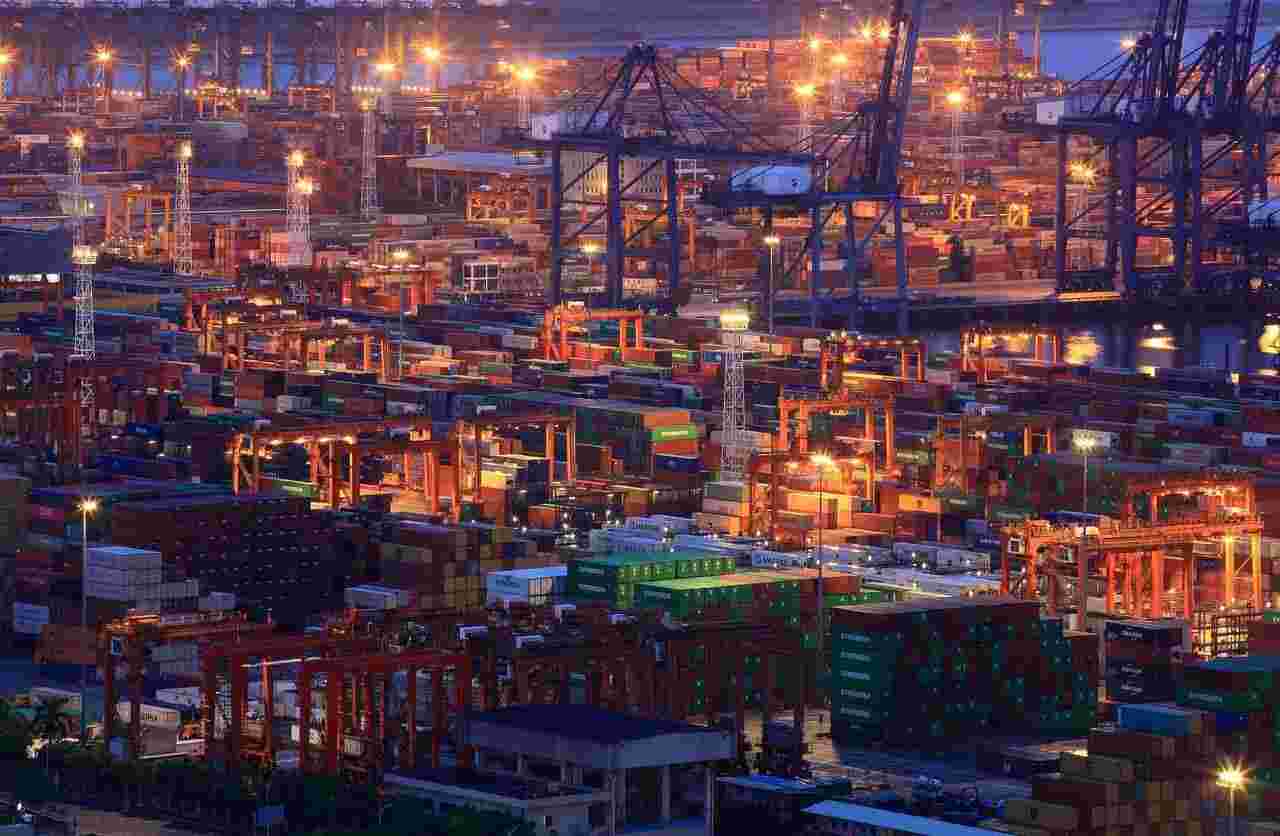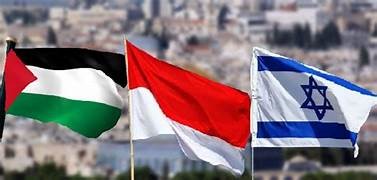International trade is a major factor in the economic growth of many nations. International commerce is crucial to the growth of the global economy, boosting prosperity and eradicating poverty for all people on the planet.
International agreements are required to maintain legal certainty, ensuring that trade operates efficiently and to benefit all countries that are a part of the international community. Customary international law, as well as bilateral and multilateral international agreements, have long been used to regulate international trade. Benefits for all international community members' countries. Customary international law, as well as bilateral and multilateral international agreements, have long been used to regulate international trade.
The Pact on Establishing the World Trade Organization and its Annexes, which entered into force on January 1, 1995, is now the most significant multilateral international trade agreement. The General Accord on Tariffs and Trade, 1947 (hence referred to as GATT 1947) Uruguay round discussions, which took place from 1986 to 1994, resulted in the WTO agreement.
If enforcement of the law can be done when a violation occurs, a legal rule can be effective and obeyed. A legal dispute between the party who is damaged by the violation and the person who committed the violation might result from the violation of a rule. Resolution of disputes is crucial to the enforcement of WTO-based trade agreements.
A crucial component of the WTO/GATT is dispute settlement. The WTO Agreement is supplemented for dispute resolution purposes, Understanding on Rules and Procedures Governing the Settlement of Disputes which governs the resolution of WTO disputes.
The poor GATT dispute resolution mechanism in 1947 is one of the factors contributing to the fall in GATT compliance. Because the GATT dispute resolution mechanism is regarded as lacking credibility, decisions on GATT dispute settlement are frequently disregarded by GATT participating countries. As a result, when resolving issues with other GATT participants, many of the participating countries frequently prefer to act independently outside of the GATT framework.
When arguing with other GATT 1947 member countries, the United States is frequently used as an example of disobedience to the GATT dispute settlement decision. Prior to Section 301 of the United States of America Trade Act, 1974, Super 301, Special 301, and Telecom 301 in The Omnibus Trade and Competitiveness Act, 1988, the United States frequently disregarded the 1947 GATT dispute resolution decision and took additional independent action to punish (retaliate) for the actions of other nations that adversely affected the United States' trade rights.
The basic goals of the GATT 1947 were undoubtedly severely hampered by practices like these. The WTO Dispute Settlement Body, or the Dispute Settlement Body, was established by the WTO Agreement (abbreviated DSB WTO).
The Panel (to settle first-level disputes) and The Appellate Body are two of the DSB's subordinate organizations for the WTO (to resolve disputes at the appellate level). While the Panel and Appeals Body of the WTO is an independent judicial entity, the DSB of the WTO might be described as a political institution.
The settlement of Indonesia's dispute with South Korea over Indonesia's complaint against South Korea regarding the imposition of anti-dumping import duties on Indonesian paper products exported to South Korea, where the imposition of anti-dumping import duties by Indonesia was deemed to violate the WTO agreement, demonstrated disobedience in the implementation of the WTO DSB decision.
In an effort to settle the disagreement over the enforcement of South Korean anti-dumping measures on the import of paper products from Indonesia, Indonesia requested discussions with South Korea on June 4, 2004. However, the carried-out discussions proved to be ineffective in settling the dispute thus Indonesia subsequently requested the WTO's DSB form a Panel to address the conflict.
Indonesia prevailed over South Korea in the issue at the Panel forum on October 28, 2005, however South Korea refused to abide by the Panel's ruling. As a result, Indonesia requested that the Panel reconsider its decision in 2007 through the WTO's DSB. The WTO DSB continued to find South Korea responsible for the imposition of anti-dumping import taxes on Indonesian paper exported to that nation in October 2007. South Korea continues to be found to be inconsistent in how it determines anti-dumping duties, according to the WTO's DSB. South Korea was also found guilty of refusing to provide Sinar Mas Group a chance to comment to the assessment of losses asserted by South Korean industry, according to the WTO report. Due to this, the WTO DSB decided to stick with the 2005 recommendations instead of making any new ones.
South Korea, the party required to implement the WTO DSB judgment regarding anti-dumping between South Korea and Indonesia, did not abide by it and did not carry it out. No WTO sanctions were imposed on South Korea due to its refusal to execute the WTO DSB judgment. Based on Section 3 of Article 22 of the DSU, Indonesia has the legal authority to retaliate against South Korea through trade; however, Indonesia chooses not to do so out of fear that South Korea will follow suit, which causes Indonesia to suffer greater losses because South Korea is the intended recipient. major Indonesian goods exported.Such actions demonstrate that retribution by developing nations with little economic resources against advanced industrial nations with substantial financial resources will not be effective in enforcing the WTO DSB judgment.
As was already mentioned, international courts in general and the DSB WTO specifically are judicial conflict settlement bodies. In most cases, the opposing parties must abide by the judicial processes and judgments of institutions for international conflict settlement (international courts). This is demonstrated, for instance, by Article 59 of the Statute of the International Court of Justice, which states that, "Except between the parties and with relation to that particular matter, the decision of the Court has no binding effect." Therefore, for the matter decided by the Court in the dispute, the International Court of Justice's ruling is enforceable against the disputed parties.
The most significant body of Public International Law now in force that regulates international trade is the WTO Agreement and its annexes. It will result in a perception that the WTO legal rules are a source of international law in the form of soft law and have some degree of binding force, as well as international moral rules, in the absence of strict and coercive sanctions regarding non-compliance with the WTO Agreement and the WTO DSB decisions.
The nature and purpose of the WTO agreement as an international agreement, which should have legally binding effect and must be executed in good faith, are violated if the legal rules of the WTO, including the WTO DSB rulings, are found not to have binding force. The WTO's legal requirements ought to be upheld by means of generally applicable international law enforcement procedures, and those who violate them may be subject to penalties under international law.
This dissertation research will be conducted in order to find ways and legal remedies and develop theories that can be used to improve compliance with WTO DSB decisions and improve WTO dispute resolution arrangements and mechanisms in order to produce a WTO dispute resolution system that is more effective. Starting from the occurrence of disobedience to the WTO DSB decisions and the weakness of the WTO dispute settlement system, which in practice has harmed and caused injustice to Indonesia, this dissertation research will be conducted.
Ikuti tulisan menarik Riski Hanif lainnya di sini.





















